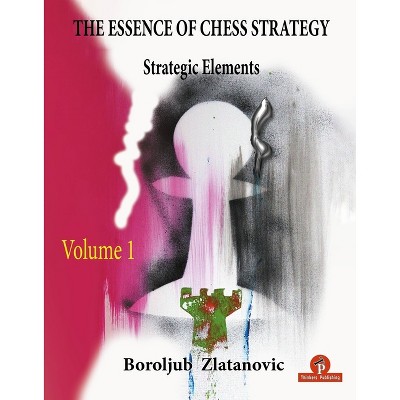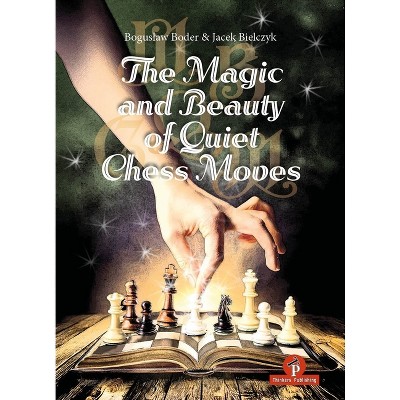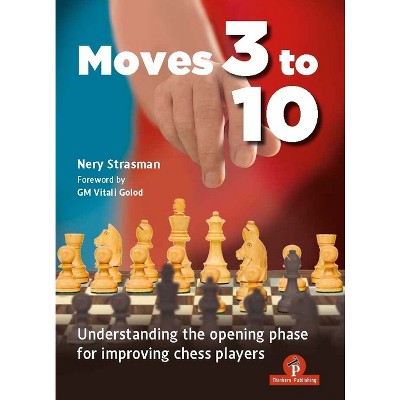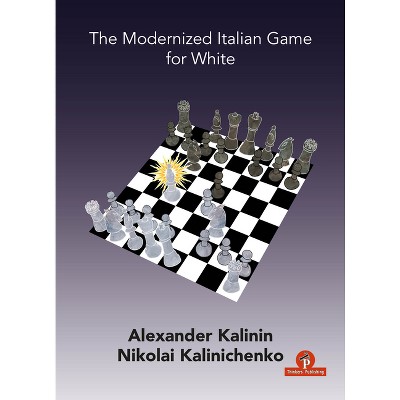Sponsored

The Imparable Logic and Psychology in Chess - by Zlatanovic (Hardcover)
In Stock
Sponsored
About this item
Highlights
- Much has been written in chess about specific openings, players and tournaments.
- Author(s): Zlatanovic
- 310 Pages
- Games, Chess
Description
Book Synopsis
Much has been written in chess about specific openings, players and tournaments. From experience, those are not easy books to write (because you need to be analytically laser-sharp), but at least you know what you're signing up for. By contrast, books like the one you currently hold might be laxer on the minutiae, but as a whole can be harder to conceive and transform into finished reality. While not requiring using cloud engines on depth-56 to find a novelty, they are instead (so to speak) "painted with a broader brush".
Two examples of what I mean are Vukovic's The Art of Attack in Chess and the famous classic, Nimzowitsch's My System. In each, the author is a professional who brings across nothing more nor less than their philosophy of how the game should be played, and the degree of emotional energy they pour into it manifests in a work that rightly reflects the status of our game, not merely as an academic endeavor but as a cultural one.
The current book is a fitting, if not overdue, addition to that genre. As a cultural phenomenon, chess exists somewhere on the spectrum between natural philosophy (by which I mean science in its traditional form) and fine art. Viewed statically from the outside, it combines elements of both. Viewed dynamically from the inside, that same ambiguity which the game of chess straddles can be viewed as being that between logic and psychology.
Review Quotes
The Imparable Logic and Psychology in Chess by Boroljub Zlatanovic deals with a topic in chess that has not been traditionally well-covered. The author, a well-known chess pedagogue, offers a wide range of advice, but one point he makes will bring great benefit to a new generation of players introduced to the game by online play and fast time controls is: "Understanding and logic are everything you need with static positions on the board." This observation can be translated in various ways, but one is that in many positions trying to calculate long and sharp variations is counterproductive and judgment is more important.
IM John Donaldson, August 2024
Shipping details
Return details
Trending Humor & Games Books











